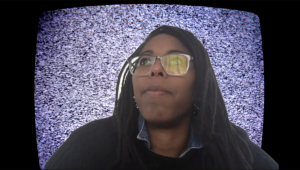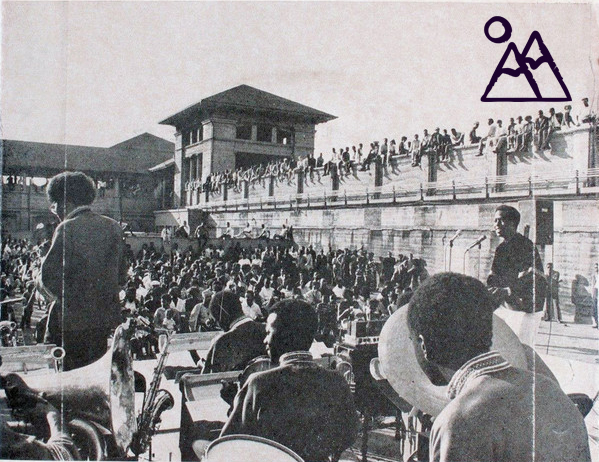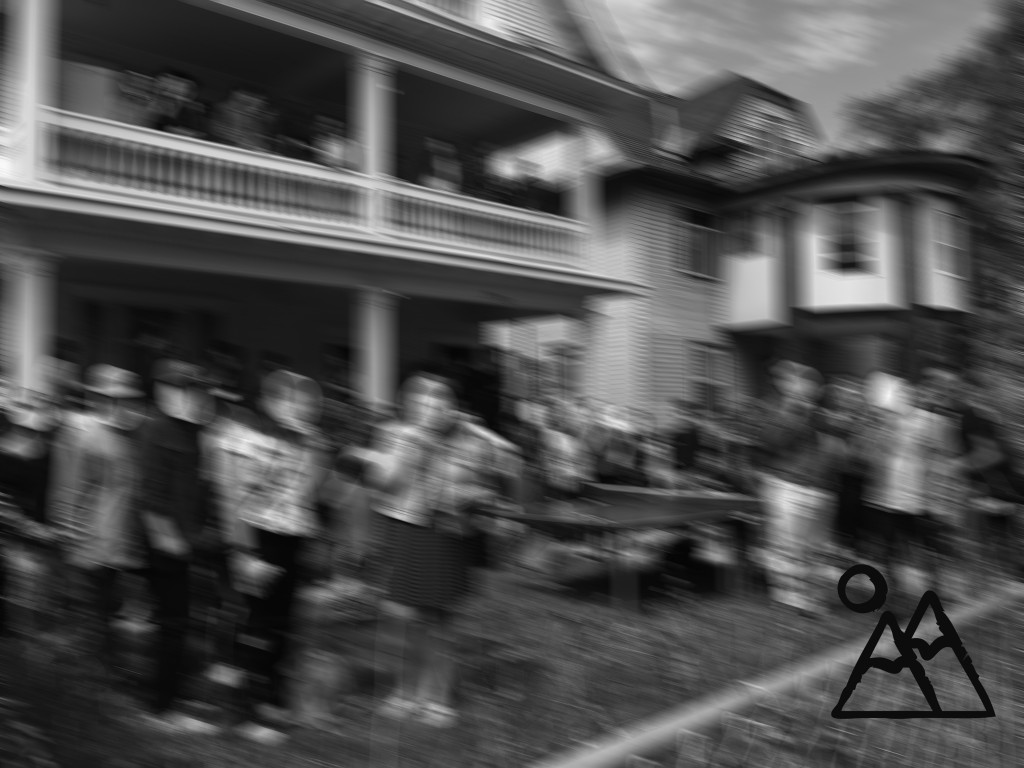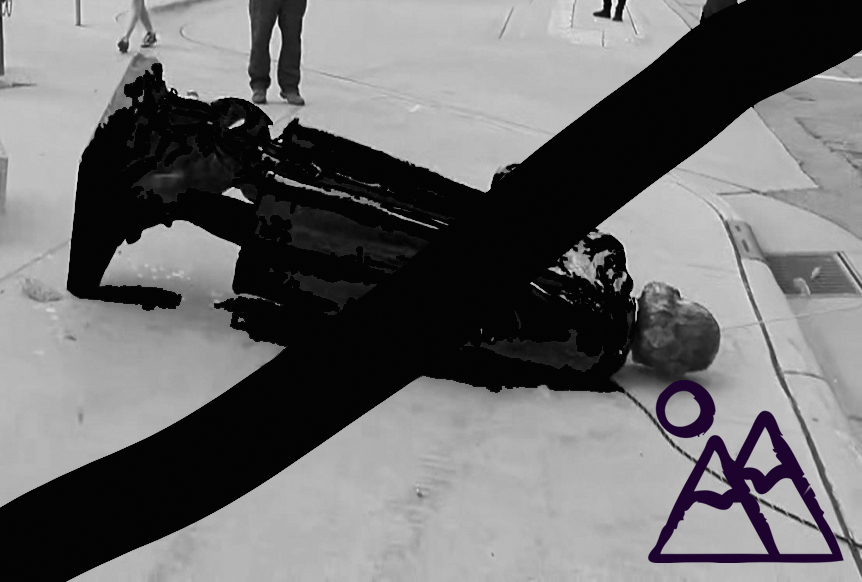
Deep thoughts with amazing Confluence collaborator Jennifer Newsom during our second class workshop for Fate is Kind.

Deep thoughts with amazing Confluence collaborator Jennifer Newsom during our second class workshop for Fate is Kind.

Looking towards aspects of the African diasporic tradition and its tools, such as cooperative creation, improvisation, and deep listening, we are provided both inside and outside of the context of musicianship, guides that can play significant and important roles in our lives as active neighbors in community. These are social tools to carry with us day-to-day.
For this third workshop for the class Fate is Kind, we will be joined by artist, musician, and 9th Ward elder Douglas Ewart. Centering our focus on the techniques and histories of so-called jazz, “social music” as it was described by Miles Davis, or simply, as described by the Art Ensemble of Chicago, Great Black Music we will, in general, think through how this traditions qualities play a role for non-musicians to be more attentive neighbors. And in specific, we’ll listen to how these attitudes and qualities have played out in Douglas’ life and work, and what his experiences in cooperative creation can teach us moving forward in common.
In preparation for our visit to the Fate is Kind class by 9th Ward neighbor, artist and musician, Douglas Ewert, we are viewing this conversation between Roscoe Mitchell, Muhal Richards Abrams, Frederick Berry, and George Lewis.
As well, we are listening to the first hour of a series of radio programs originally broadcast in the late 60s on NYC’s WBAI, a long conversation between composers John Cage and Morton Feldman.

Social Margins: An Assembly in Text
As part of the Mt. Analogue class Fate is Kind we are reading Michel de Certeau’s Walking in the City, an excerpt from his Critique of Everyday Life.

Social Margins: An Assembly in Text
As part of the Mt. Analogue class Fate is Kind we are reading Action Around the Edges, an excerpt from curator and critic Douglas Crimp’s critical memoir, Before Picture. This essay, read in tandem with text from Situationist International, looks at the intersection between interventionist art practices, namely that of Gordon Matta Clark and his piece Days End – a structural intervention of a derelict warehouse pier on NYC’s Hudson River – and the historical legacy and politics surrounding the gay cruising scene of the same era around the Hudson piers.

Social Margins: An Assembly in Text
As part of the Mt. Analogue class Fate is Kind we are reading excerpts from the Situationist International Reader.

Each social landscape is embedded with its own unique, ever changing, psychological elements. The city, its dense and frenetic nature, creates a space of swirling social transformations where each day represents new possibilities of living in proximity. Time, as with everything, has its effects, and attitudes change. These changing attitudes find form in the urban landscape through our interactions as well as the structures we build and vice versa.
For our second workshop in the Mt. Analogue class Fate is Kind: Abstraction and Patterning in a Life with Others we will be joined in conversation by Jennifer Newsom, architect (Dream the Combine) and professor of architecture at the University of Minnesota to discuss the ways that artists can help illustrate these social flows and patterns, their forms and attitudes.
As always we will seed, as well as continue, our conversation through Social Margins, the Confluence social annotation platform; “an assembly in text.”
An excerpt from the Situationist International Reader

How do we memorialize historical events, most especially when those events are not singular, linear, or even history for many, but continuous living arrangements that are yet to recognize any sense of finality or definitive social transformation? For the first workshop discussion in Fate is Kind: Abstraction & Patterning in a Life with Others Powderhorn neighbor and artist Xavier Tavera will join our discussion as we think through the role of monuments and memorials, the events of the MPLS Uprising, and the manner by which monuments as historical markers act as specific objects which can record, obscure, empower, and / or manipulate People’s History.